According to cultural expert Nguyễn Đức Hiển from the Vietnam Institute of Cultural Studies, dietary taboos provide us with a sense of security and help avoid misfortune. Especially during the Lunar New Year, attention should be paid not only to actions and clothing but also to food.
Foods to Avoid at the Start of the New Year
A fascinating aspect of Vietnamese cuisine is the selection of dishes for specific occasions. One of the most significant occasions is the Lunar New Year. During this time, alongside traditional dishes that symbolize good fortune, Vietnamese people also observe various taboos regarding certain foods believed to bring misfortune. This belief, passed down through generations, not only helps us feel more secure but also, according to experts in Vietnamese cultural studies, aids in avoiding calamities.
Below is a list of “forbidden” foods that people should avoid on the first day of the New Year to prevent bad luck.
1. Dog Meat
Dog meat is a nutritious food and is a popular “delicacy” for many. In fact, dog meat is considered “the essence of the nation,” representing a unique culinary aspect of Vietnam.
However, it is believed that eating dog meat at the start of the year or month will lead to bad luck for the entire year or month.
Nevertheless, dog meat is seen as a remedy for misfortune if eaten at the end of the month.
2. Squid
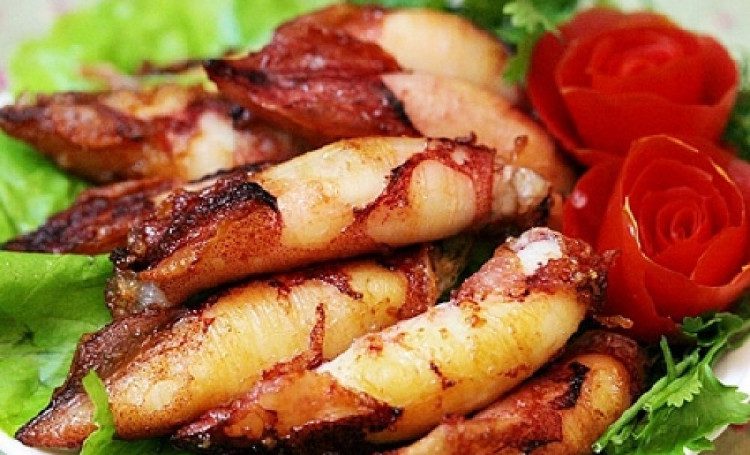
Based on the popular belief that “black as squid,” squid is frequently listed among the “forbidden” foods to avoid during Tet to prevent a year filled with misfortune.
3. Duck Meat
For people in the North and Central regions, duck meat is a dish to avoid at the beginning of the month and year, as many believe that eating duck will bring bad luck, leading to “family division.”
4. Shrimp
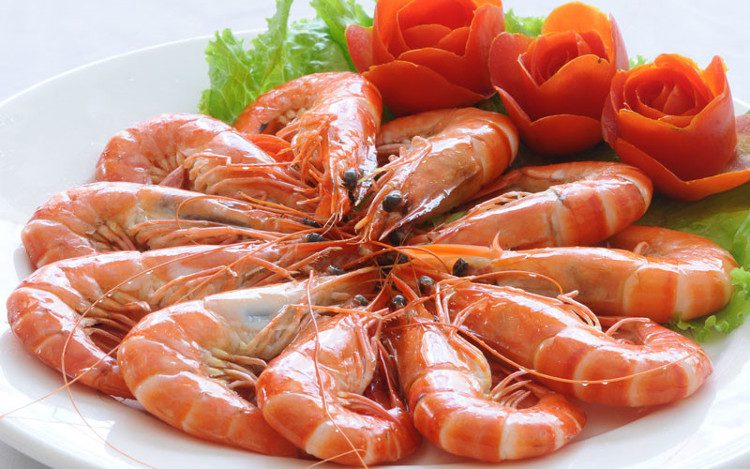
While people in the North do not avoid shrimp during Tet, those in the South particularly “steer clear” of it. Southerners believe that shrimp have a large head and move backwards, implying that eating shrimp at the beginning of the year will result in a year that doesn’t start well, hindering progress and prosperity.
5. Mackerel
For those in the North and Central regions, mackerel is often associated with “mè nheo.” This fish has a strong smell and many bones, leading to the belief that eating mackerel at the beginning of the year will result in a year filled with “bad luck.”
6. Fertilized Duck Eggs
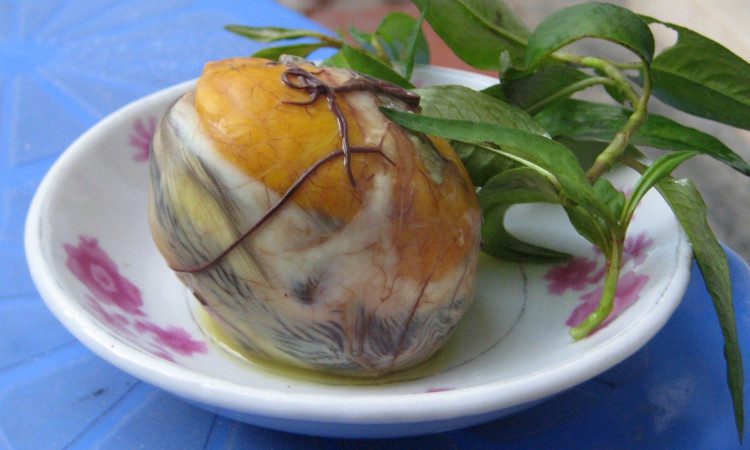
Although fertilized duck eggs are delicious and nutritious, people in the Central and Northern regions strongly avoid them at the beginning of the month and year. They believe that eating fertilized duck eggs during this time will lead to a year devoid of luck, with everything going against one’s wishes.
7. Bananas
While bananas are a staple fruit in the Northern fruit tray, people in the South avoid eating bananas at the start of the year. The word “banana” can be phonetically altered in Southern dialect to mean “unable to rise,” indicating that eating bananas during Tet will negatively affect career advancement.
8. Oranges, Pears
Along with bananas, oranges and pears are also avoided by people in the South during Tet. Phrases like “citrus brings misfortune” or “dragging along” convey the idea of bad luck, leading Southerners to leave these fruits off their offerings.
9. Durian
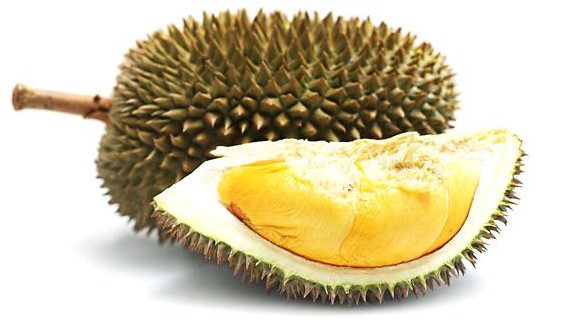
Although durian is a delicious and nutritious fruit, it is considered very unlucky to eat it on the first day of the year, as many fear that it will bring sadness and suffering throughout the year.
10. Sour, Spicy, Astringent, and Salty Foods
At the beginning of the year, many people prefer sweet dishes and avoid sour, spicy, astringent, and salty foods to ensure a year filled with sweetness and completeness, steering clear of bitterness and suffering.
11. Shrimp Paste
During the early days of the New Year or the beginning of the lunar month, many, especially those from the North, avoid eating shrimp paste as they fear it may bring bad luck.
On the first day, when visiting temples or pagodas, people also refrain from eating shrimp paste and garlic to avoid pollution and offensive odors that might disturb the spirits.
12. Bird Meat
Similar to duck meat, folklore suggests that eating bird meat at the beginning of the year will result in a year filled with bad luck.
13. Plain Rice Porridge
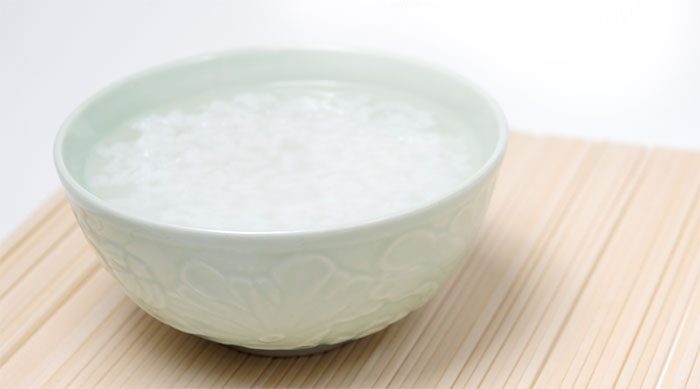
Among the offerings for wandering souls, plain rice porridge is an essential dish. Folk beliefs state that eating plain rice porridge on the first day of the year may lead spirits to think you are competing with them for food, causing misfortunes to arise.
Additionally, plain rice porridge is seen as a “poor” dish, typically consumed during times of hardship, so to avoid bad luck, people refrain from eating it at the beginning of the year.
Common Questions about Taboos During Tet
Is Eating Deer Meat Bad Luck?
Deer are animals symbolizing bravery, loyalty, and rebirth. Therefore, many, especially those in business, believe that eating deer meat at the start of the year will bring good luck and swift progress in their endeavors.
However, deer are wild animals that need to be preserved. Their numbers are declining due to overhunting by humans. You should carefully consider your decision before consuming this type of meat.
Is Eating Snails at the Beginning of the Year Bad?
At the start of the year, people generally avoid eating snails. The saying “eating snails leads to disputes” suggests that it may cause unnecessary arguments within families or workplaces due to verbal disagreements. Consequently, life may face many obstacles and disadvantages, affecting those around you.
However, displaying snail shells at your workplace is considered auspicious, attracting wealth and good fortune, ensuring a prosperous life.


















































